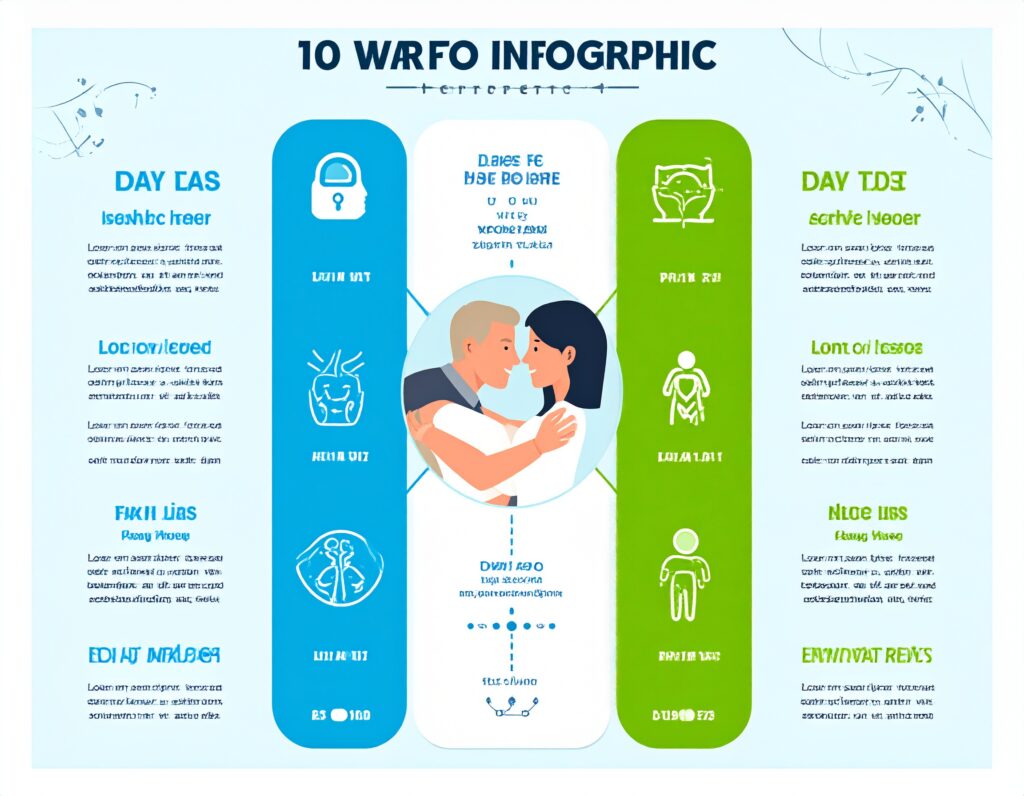10 Powerful Ways to Support a Friend with Mental Health Issues (Without Burning Out)
💭 “I want to help, but I don’t know what to say.”
💭 “What if I make things worse?”
If you’ve ever had these thoughts while watching a friend struggle emotionally, you’re not alone. Mental health issues are more common than you might think: 1 in 5 adults experiences mental illness each year (NAMI, 2024).
This guide will help you support your friend with compassion, clarity, and confidence — without draining your own energy.

💚 Why Your Support Matters More Than You Realize
Even small gestures from friends — a text, a walk, a sincere “How are you?” — can:
✅ Reduce feelings of isolation
✅ Encourage them to seek help
✅ Rebuild a sense of hope
📊 Harvard research shows that strong social support buffers symptoms of depression and anxiety.
🔍 How to Recognize a Friend in Crisis
Watch for these signs:
- 😶 Withdrawing from social life
- 😔 Mood swings, sadness, or irritability
- 💤 Sleeping or eating way more or less
- 🗣️ Negative self-talk like “I’m a burden”
- 😵 Talking about feeling trapped or worthless
💡 Pro Tip: Sudden changes in behavior or hygiene are major red flags.
🗣️ How to Start a Supportive Conversation
Here’s what works (and what doesn’t):
✅ Say:
- “I care about you and I’ve noticed you seem off. Want to talk?”
- “You don’t have to go through this alone.”
🚫 Avoid:
- “Just get over it.”
- “Others have it worse.”
Be warm. Be real. You don’t need the perfect words — just presence.
🙌 10 Ways to Support a Friend (Without Burning Out)
1️⃣ Check In Gently & Often
A “Thinking of you” text can mean everything.
2️⃣ Validate Their Emotions
Say things like:
“That sounds really hard.”
“I’m here for you no matter what.”
3️⃣ Offer Practical Help
➡️ Cook a meal
➡️ Help with errands
➡️ Drive them to an appointment
4️⃣ Avoid Toxic Positivity
❌ Don’t say: “Look on the bright side.”
✅ Instead say: “I get it. It’s okay to feel this way.”
5️⃣ Encourage Professional Help
Gently suggest therapy or helplines. Offer to help with the process.
6️⃣ Respect Their Space & Timing
Don’t force them to open up. Healing isn’t linear.
7️⃣ Create a Safe Space
Let them vent, cry, sit in silence. You don’t need to “fix” it.
8️⃣ Keep Showing Up
Send regular messages. Even if they don’t respond, it matters.
9️⃣ Educate Yourself
Learn about anxiety, depression, and trauma. Knowledge = empathy.
🔟 Protect Your Energy
Set boundaries. You’re human too. It’s okay to step back when needed.
🖼️ Infographic Placeholder
“10 Ways to Support a Friend with Mental Health Issues”

❓ Frequently Asked Questions (FAQ)
Q: How do I help without burning out?
🧘 Set limits. Be there — but don’t be everything. Your energy matters too.
Q: What if they reject help?
🙏 Let them know you’re there when they’re ready. Keep the door open.
Q: What if I say the wrong thing?
💬 Honest care > perfect words. Just be present, and be willing to learn.
🔗 Trusted Resources
- 🌐 NAMI – National Alliance on Mental Illness
- 🌐 MentalHealth.gov
- 📱 Crisis Text Line –
- 🧠 Find a Therapist – Psychology Today
🗨️ Call to Action
Have you ever supported a friend going through mental health struggles?
💬 Share your experience in the comments — your story might inspire someone else to step up.
Final Thoughts
Sleep isn’t just a way to recharge — it’s a cornerstone of good mental health.
From stabilizing mood to enhancing emotional resilience, getting enough quality sleep each night is one of the most powerful (and underrated) ways to protect your well-being.
Start small: fix your sleep schedule, unplug before bed, and create a calm sleep environment. Over time, these simple changes can lead to a stronger mind, calmer emotions, and healthier you.